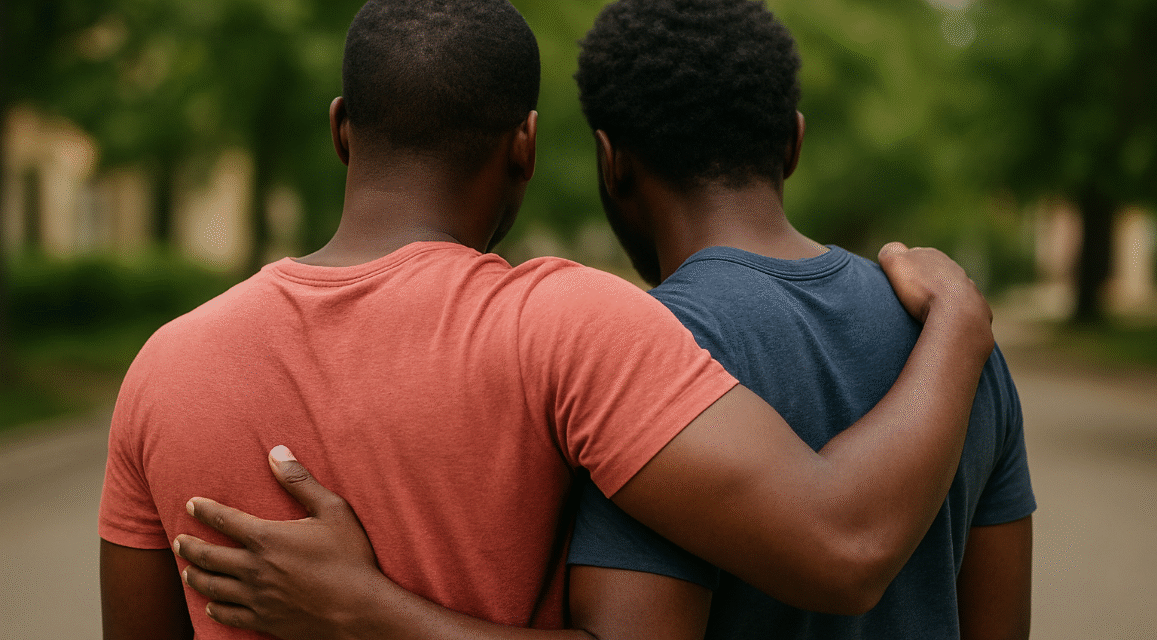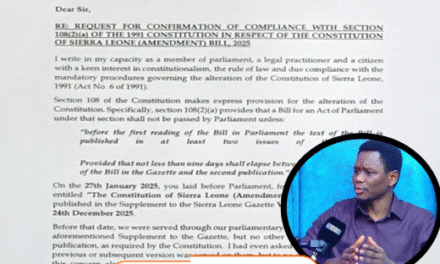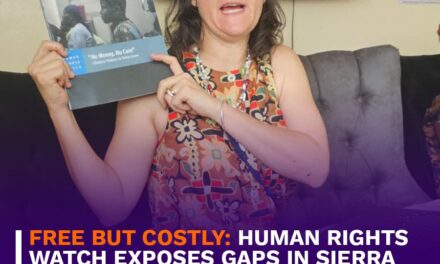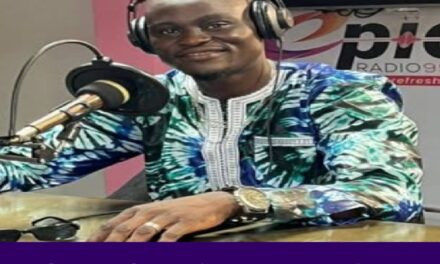By Nafisatu Olayinka Deen
Freetown, 25th August 2025- In Sierra Leone, where male same-sex activity is still punishable by life imprisonment under the Offences Against the Person Act of 1861 and where female same-sex relationships remain legally invisible the LGBTQ community is quietly expanding. The numbers, once buried beneath stigma and silence, now tell a story of resilience, risk, and rising visibility.
Despite the absence of legal protections and the weight of religious and cultural opposition, Sierra Leone’s LGBTQ population has grown significantly over the past 15 years. In 2010, international reports estimated the community at just over 52,000, comprising 33,000 lesbians and 19,906 gay men and MSM (men who have sex with men). But by 2012, the Dignity Organization reported a dramatic surge: approximately 50,000 lesbians and between 35,000 to 50,000 MSM, placing the national LGBTQ population between 85,000 and 100,000.
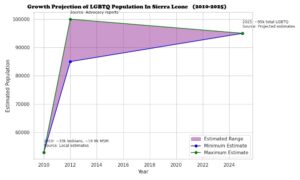
Today, the Coalition for Equality a network of 9 civil society organizations, including five LGBTQ-led groups projects a growth rate of 7 to 8 out of 10 between 2010 and 2025. That scale suggests the current LGBTQ population likely falls between 90,000 and 95,000, reflecting both demographic expansion and increased visibility.
Speaking in an exclusive interview with Truth Media, Ibrahim a member of the coalition for equality confirms that the current estimates for Freetown alone stand at 5,000 and that is only for lesbians.
“In Freetown alone, the Coalition has documented over 5,000 lesbians actively participating in 25 organized groups”. Assuming similar engagement among gay men and MSM, the city’s LGBTQ population is conservatively estimated at more than 11,000. Yet, given the persistent stigma, many remain hidden. If only half of the community is visible or engaged, the actual number could be closer to 22,000.
The Cost of Visibility- With growth comes exposure and vulnerability. According to the LGBTI Violation Report funded by Global Rights, the consequences of being visible can be severe.
A Coalition member reveals that LGBTQ individuals struggle with tenancy, healthcare, employment and even cyber bullying as soon as their sexual orientation is discovered.
Ibrahim Kargbo, a landlord in Freetown said “I will not rent my house to a gay or lesbian because I am a Muslim man and it is ‘Haram’ in my religion, but I do not hate them because we are all humans and I acknowledge that”
In the area of healthcare access many LGBTQ individuals avoid hospitals due to fear of ridicule, denial of treatment, or exposure. Some have died from neglect.
For violence and harassment, the Coalition has documented numerous cases of physical and verbal abuse. In Kenema labeled a “red zone” a woman was beaten by her brother for being attracted to the same sex.
Advocacy in Numbers-The Coalition for Equality is pushing back with data-driven advocacy and strategic partnerships. Their work includes sensitization campaigns, legal support, and documentation of violations. They are also collaborating with the Human Rights Commission to strengthen national data collection and improve policy responsiveness.
Although Sierra Leone’s human rights act does not recognize discrimination based on sexual orientation, religion, law and custom continue to shape public perception, often negatively. Yet, the Coalition’s National Coordinator insists:
“Being LGBTI is not a matter of choice but by nature… If these individuals are not tolerated by 2040, the country will see a different world.”
But what do the numbers reveal? the data doesn’t just show population growth, it reveals a community fighting for recognition, protection, and dignity. From 33,000 lesbians in 2010 to over 5,000 actively organizing in Freetown today, the trajectory is clear. The LGBTQ community in Sierra Leone is no longer invisible. It is present, organized and increasingly vocal.
And while the law may lag behind, the numbers are already rewriting the national narrative.
